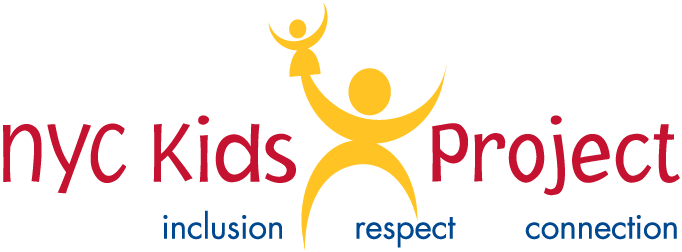January 25, 2024 - Peter Bergen on Accessible College Applications
/The college process is pretty much students’ entire life during the first half of their senior year of high school. In recent times, numerous tweaks to the process along with the widespread use of tools like Common App, Naviance, Questbridge, and other things of the sort has made applying to colleges easier than ever before. However, as a student with ADHD, there’s one thing in particular I’ve noticed about the application process; it doesn’t take students with learning disabilities into account.
As I filled out my Common App recently, I couldn’t help but notice there was nowhere for me to talk about my condition and how it’s affected me. It felt like my only choice to make this information known to schools was to write about it - however, basing your essay or supplementals off something like a learning disability can often be seen as “too academically focused.” Most colleges want to hear about a hobby you have, or some kind of experience. Obviously, this preconceived notion that learning disabilities only affect people in the classroom is ridiculous, as it can completely change our lives in many different ways - but this isn’t taken into account.
That’s where the problem lies for students with disabilities. We’re stuck between two choices - either they write about it, and are forced to let all the other unique, interesting stories they have go undiscussed - or they don’t write about it, and in doing so omit another massive part of their life from their application. This is why, in my opinion, it’s so important that there should be another area within Common App to talk about disabilities specifically - whether they be developmental or physical. Students with such conditions shouldn’t have to compromise between writing about their experiences concerning that condition and their experiences aside from it. People can be influenced by their circumstances and still find ways to influence the world around them as well - and they should be able to talk about how both have shaped them into the person they are.
